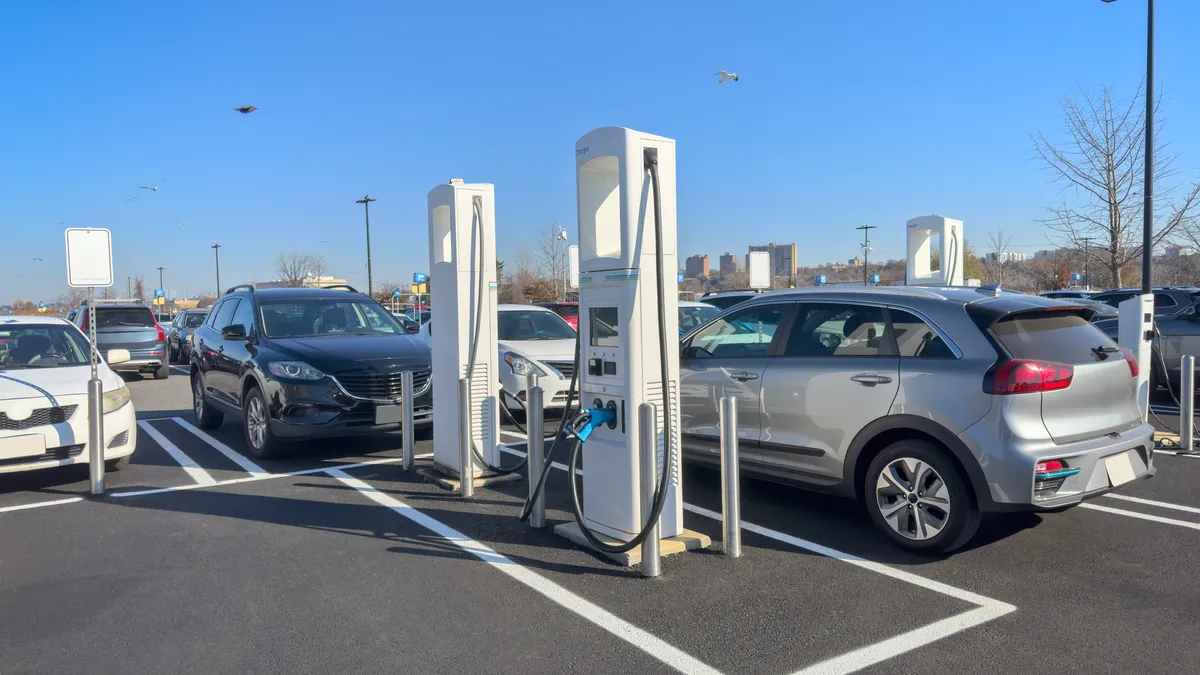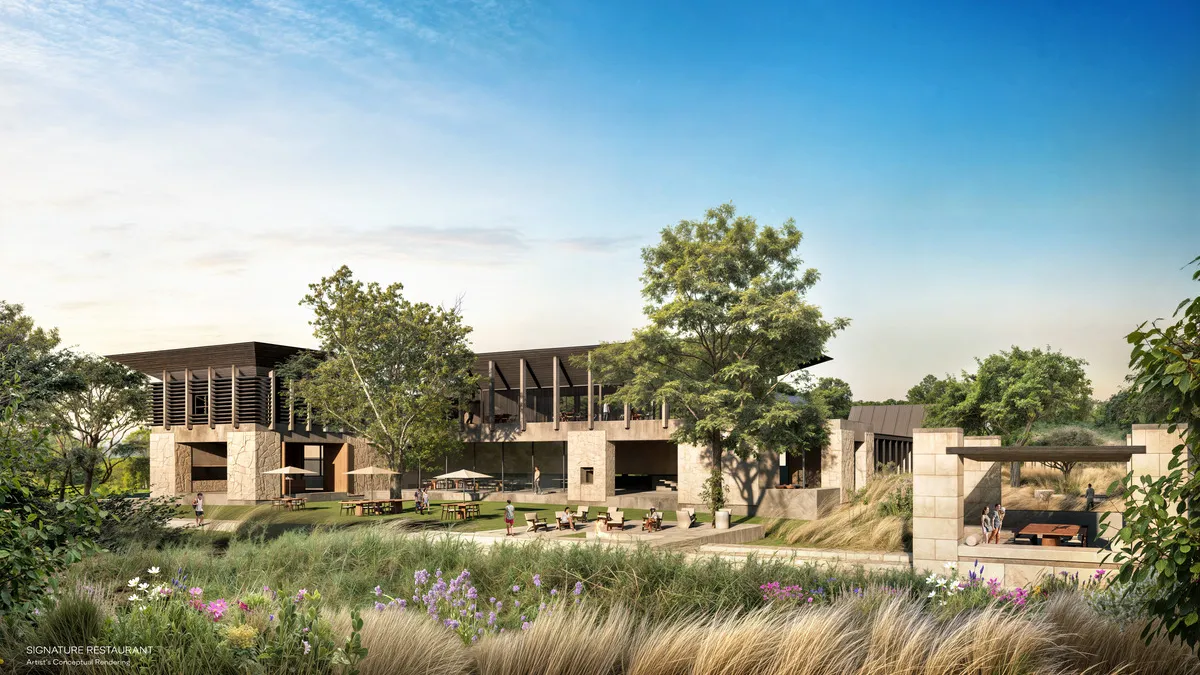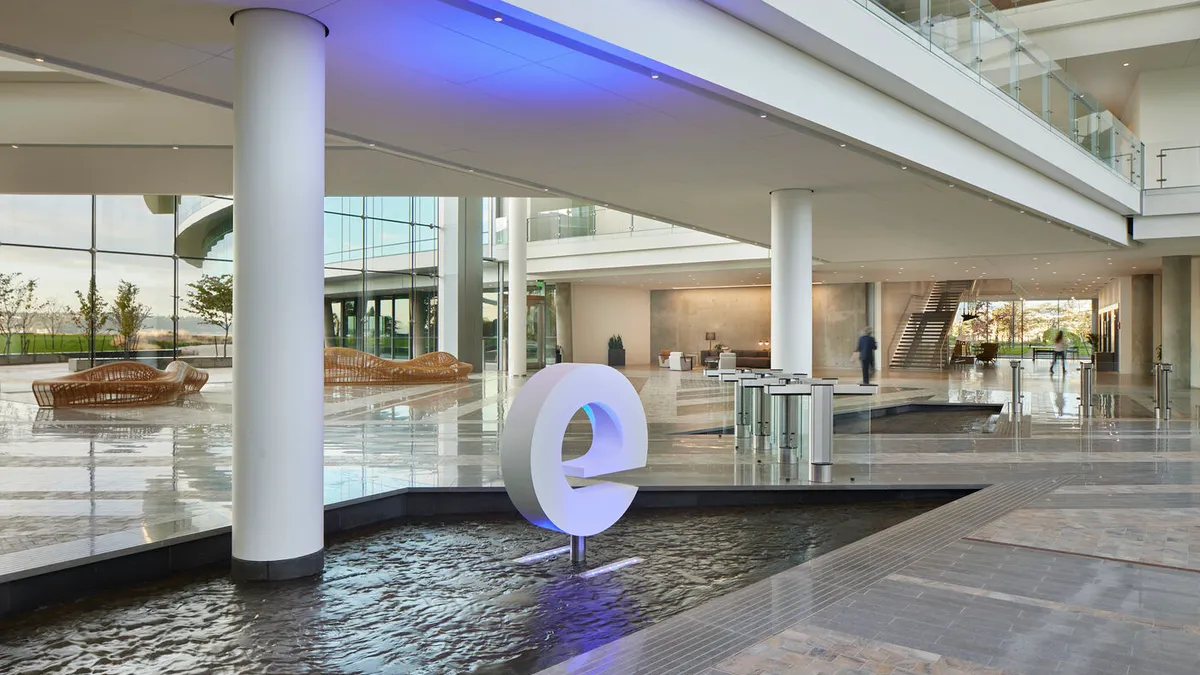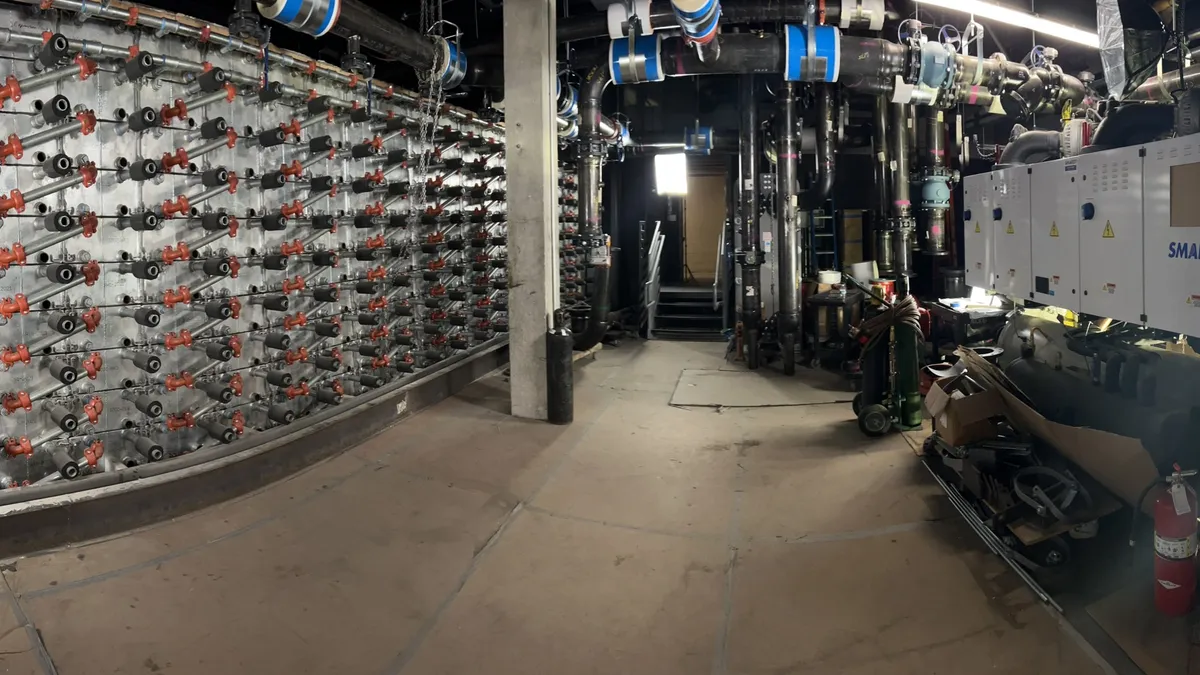The following is a guest post from Aatish Patel, president and co-founder of XCharge North America. Opinions are the author’s own.
Three in four Americans plan to take at least one road trip this summer, according to a survey by The Vacationer. But many electric vehicle drivers are wondering if a summer road trip is even possible.
According to the National Renewable Energy Laboratory, 28 million charging ports will be required to sustain the 33 million EVs that are expected to be on the road by 2030. To address this growing demand, we must rethink the typical charging infrastructure. Hotels offer an ideal solution.
Improving guest experience
Hotel amenities like Wi-Fi, breakfast and toiletries have become standard features for every stay. The next best amenity to add to support the guest experience is EV charging capabilities.
This upgrade removes a significant pain point for individuals who prefer to use EVs for road trips or rent EVs during their vacations or business trips. Instead of dealing with the hassle of finding public charging stations, guests can enjoy the convenience of fueling their vehicles just as easily as checking in through a hotel app.
This level of convenience enhances the guest experience and can position a hotel as a forward-thinking and customer-centric establishment.
Setting up for EVs
Deploying EV charging stations may seem daunting due to high installation and maintenance costs. However, that high cost is historically related to EV charging companies pushing businesses to install solutions for 480v input instead of the existing 208v input, which is commonly available at hotel sites. The 480v solutions require complete site renovations, but don’t necessarily ensure quality or dependable charging performance.
Instead, hoteliers can benefit from collaborating with EV solution providers that offer more comprehensive services, including installation, charging station management and customer support. This can ensure that the installation of charging stations does not strain hotels’ existing electrical systems.
Selecting the right charging options
Hotels are ideal locations for EV charging stations due to their expansive parking lots and robust electrical infrastructure — and they’re attracting a new wave of environmentally conscious guests.
Hotels that don’t want to make the infrastructure upgrades necessary to install 480v chargers can still offer L2 or L3 chargers, a 208v-native plan. L2 and L3 are both practical for hotels that welcome guests who charge their EVs during long parking durations or overnight.
But L3 chargers, specifically — also known as direct current fast chargers — are a strategic asset for hotels conveniently located alongside highway corridors, heavy-traffic areas or with an attached restaurant since these chargers can serve drivers needing a quick charge.
The benefits to the hotel
EV charging has significant benefits for hotels. First, EV charging solutions are a strategic real estate play for hoteliers as they increase property value. Since 208v charging stations are particularly easy to install and cost-efficient, the return on investment is remarkable.
Secondly, hotels with EV charging capabilities can attract a local clientele in addition to overnight guests. As a traveler-friendly location, the hotel’s stations can draw Uber and Lyft drivers looking to refuel. This expands the revenue potential for the hotel and elevates it as a beneficial asset for the community.
Daytime visitors, like guests attending conferences and conventions, can leverage the chargers while taking advantage of other hotel services like coffee shops, restaurants and convenience stores. This increased footfall and usage of hotel services can significantly boost a hotel’s revenue.
Boosting sustainability efforts
EV charging solutions can significantly enhance a hotel’s sustainability efforts. Beyond serving as a valuable service for guests, direct current fast chargers can provide hotels with a backup energy storage resource, further bolstering their energy resilience and sustainability.
Bidirectional EV chargers that are battery-to-grid solutions are also cost-efficient since they require low energy use and offer a high output. While some EV charging solutions are less reliable during extreme weather conditions like heat waves or snowstorms, the bidirectional chargers can store energy during low usage periods for future needs — potentially functioning as a life source by charging EVs with minimal to no connection to the grid. These chargers can adapt to grid demand to avoid burning out energy resources, thus reducing the hotel’s carbon footprint.
Hotels play a crucial role in the travel experience, and by preparing for an electrified transportation future, they can attract guests who prioritize sustainability.


















